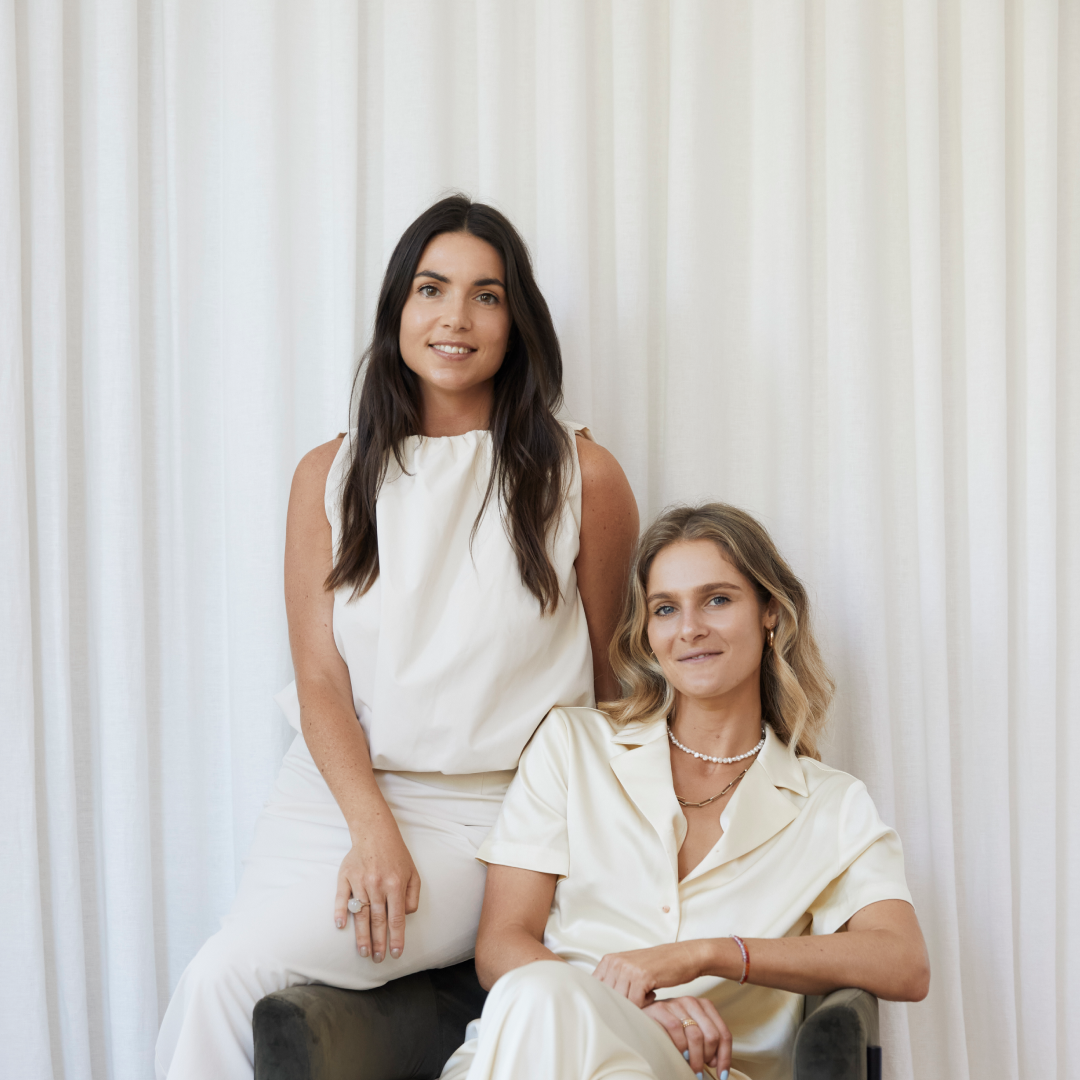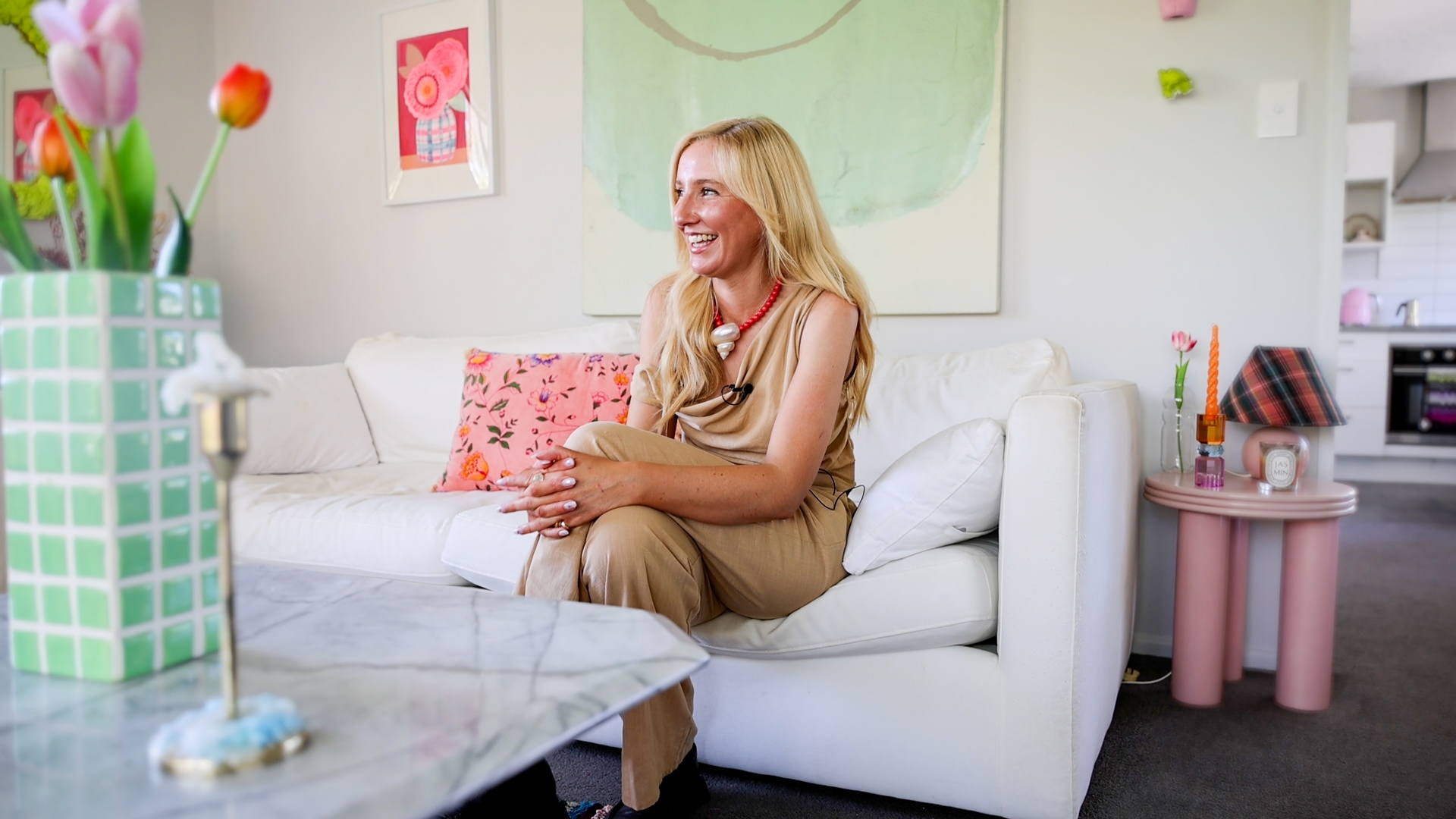Feature article
Where will your deposit come from?
Your deposit does NOT have to all come from one place.

“Comparison is the thief of all joy”
Where will your deposit come from?
1. KiwiSaver
2. Savings
BNZ featured term deposit rates 2024
Kernel Fund Performance as of August 2024
3. Bank of mum and dad
4. Other things
Financial Disclaimer
Author
Discover More
Search
Other articles you might like








